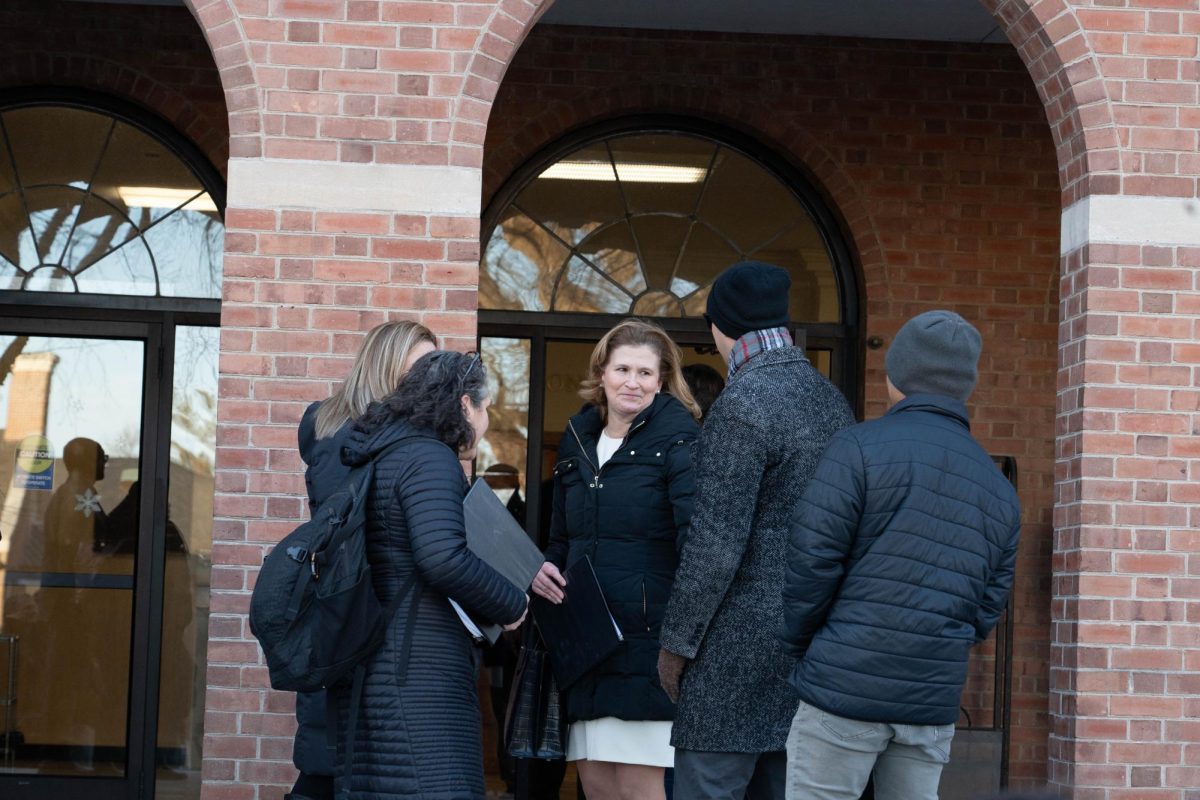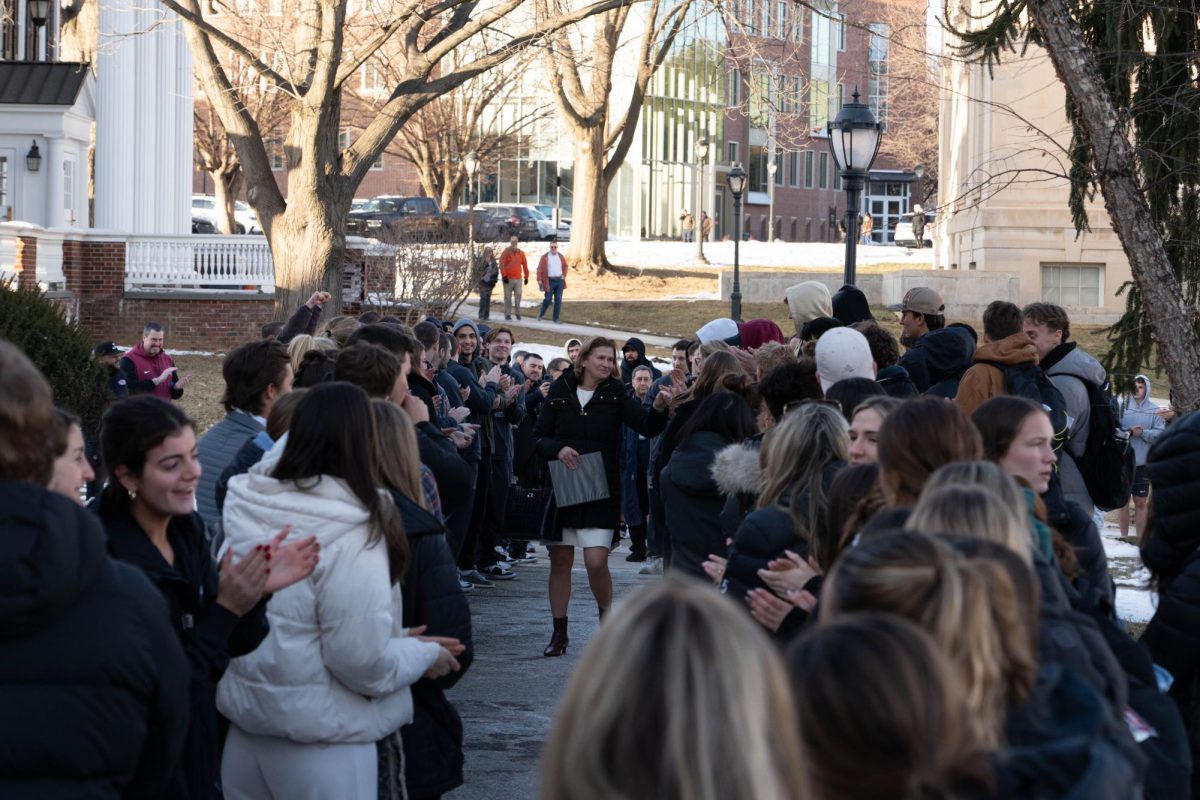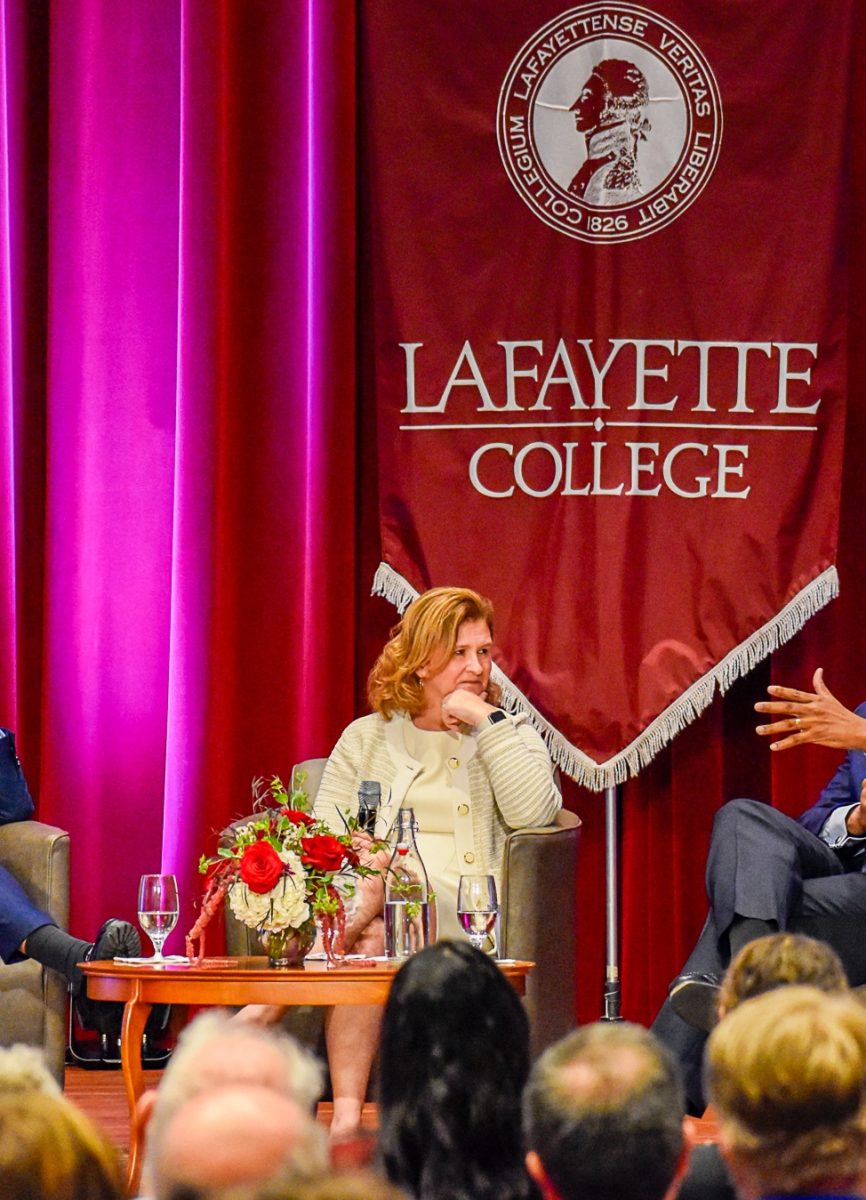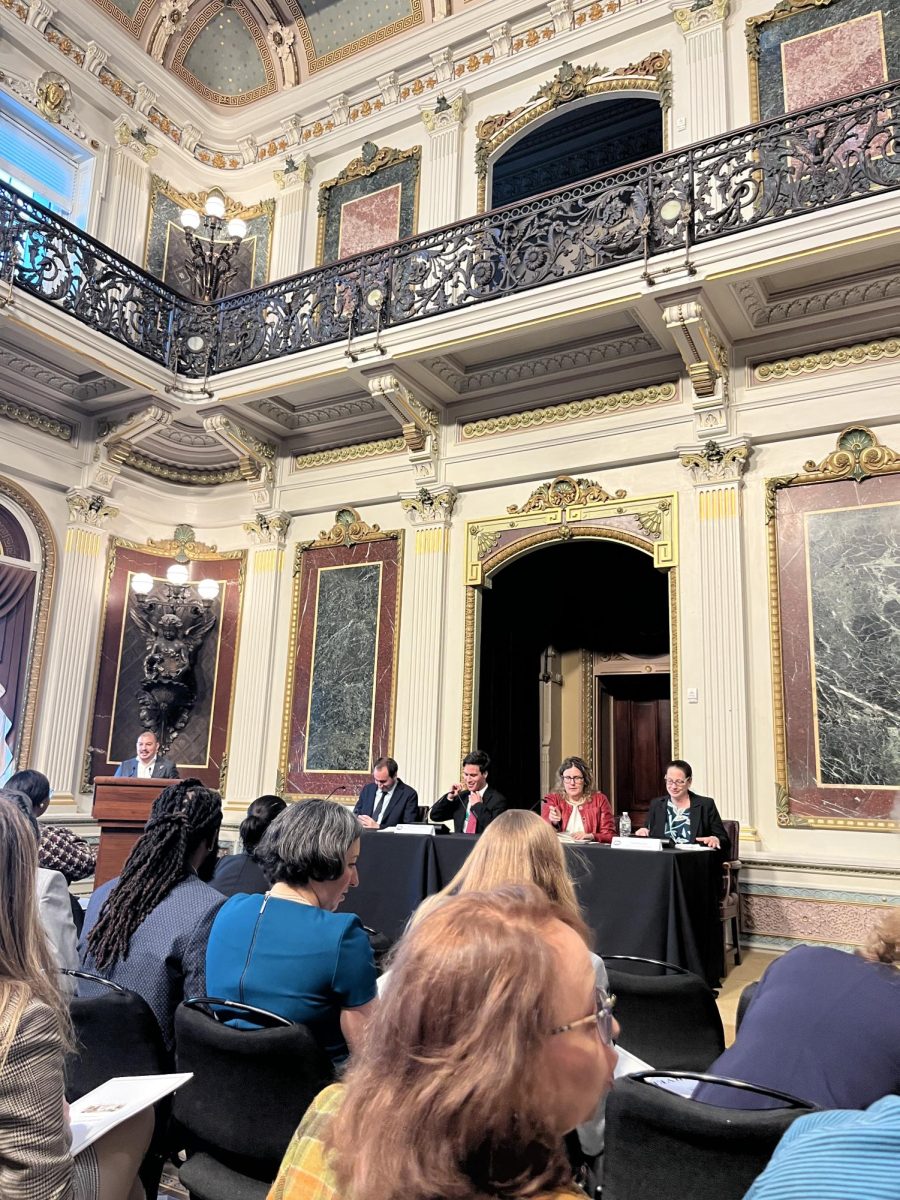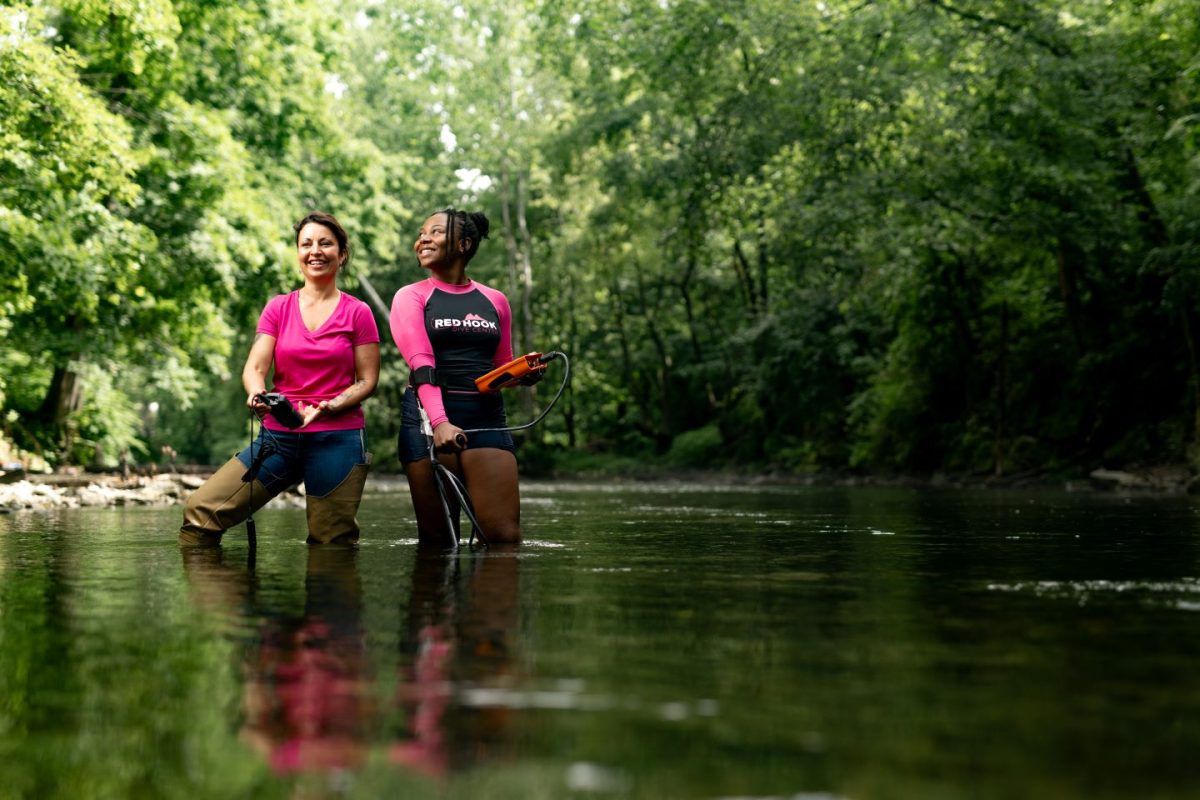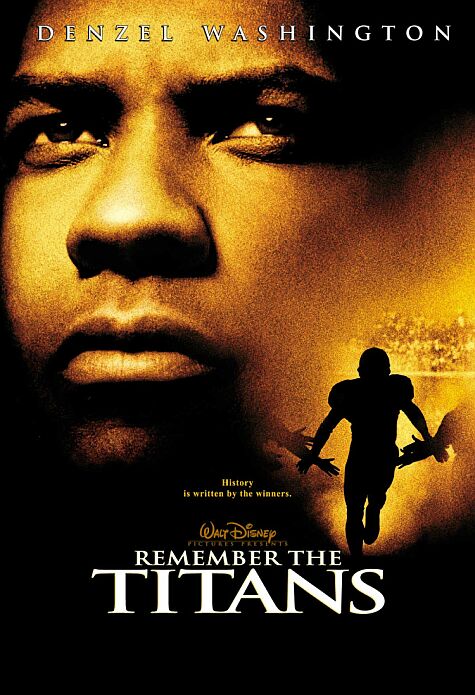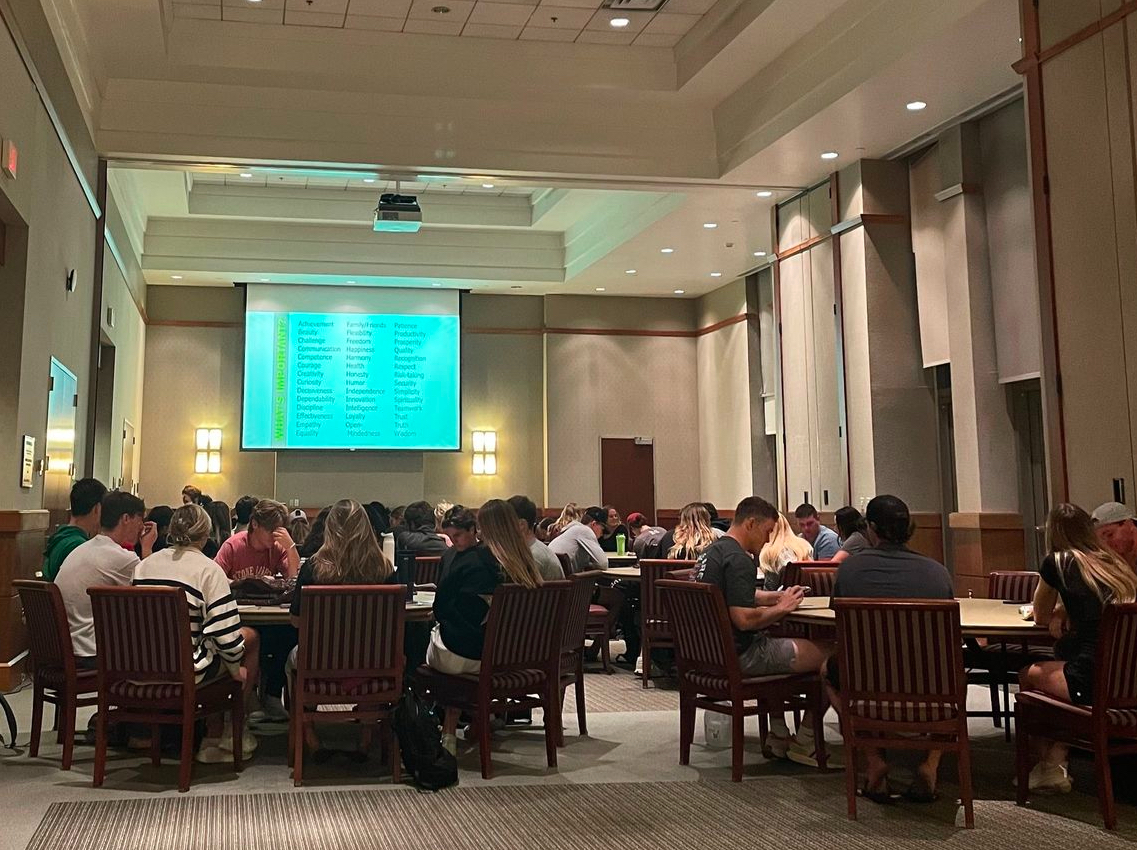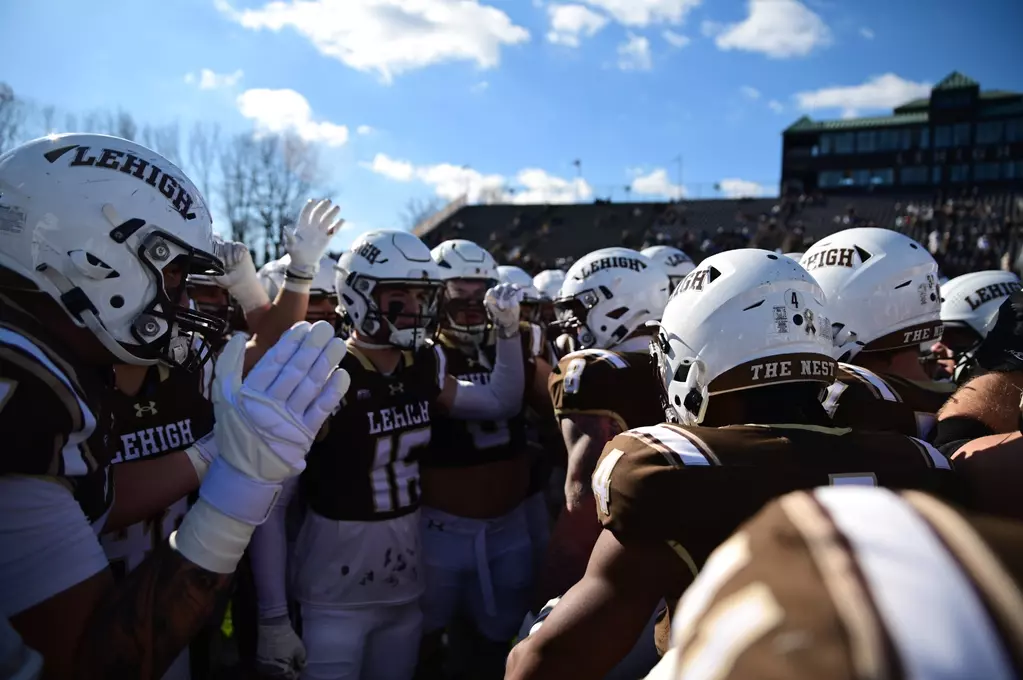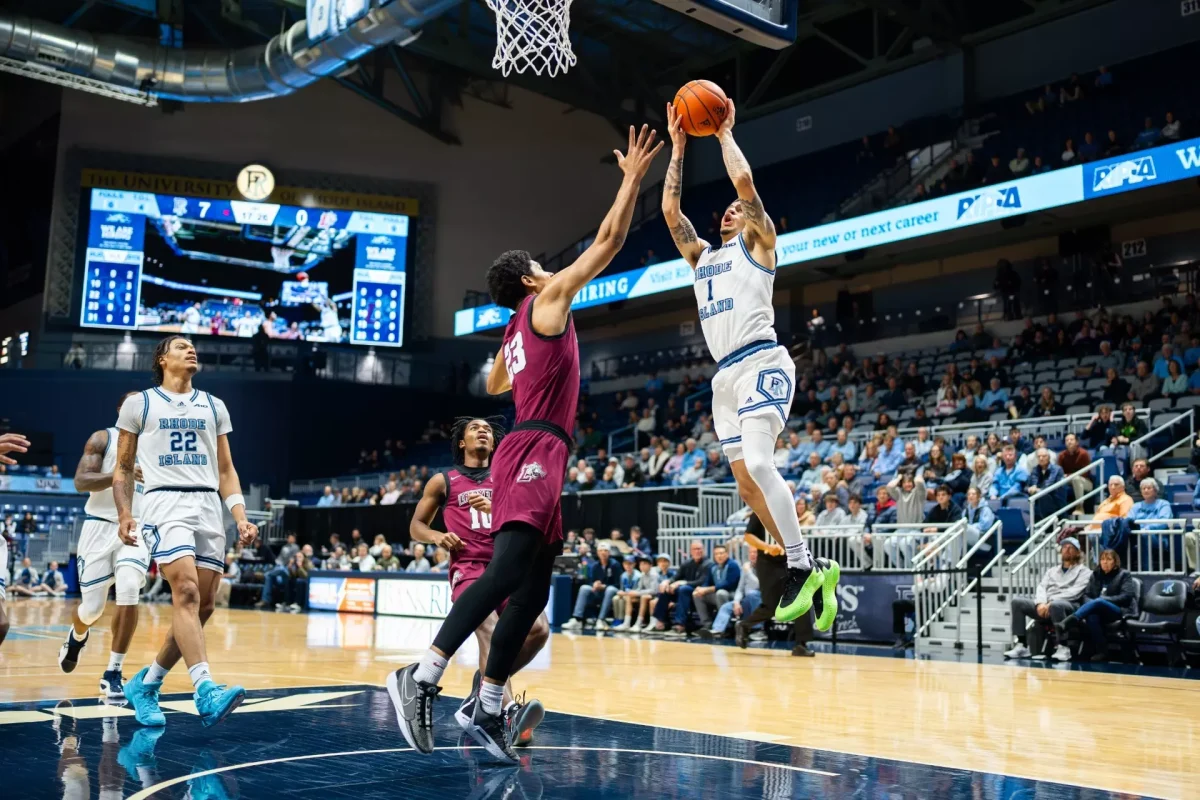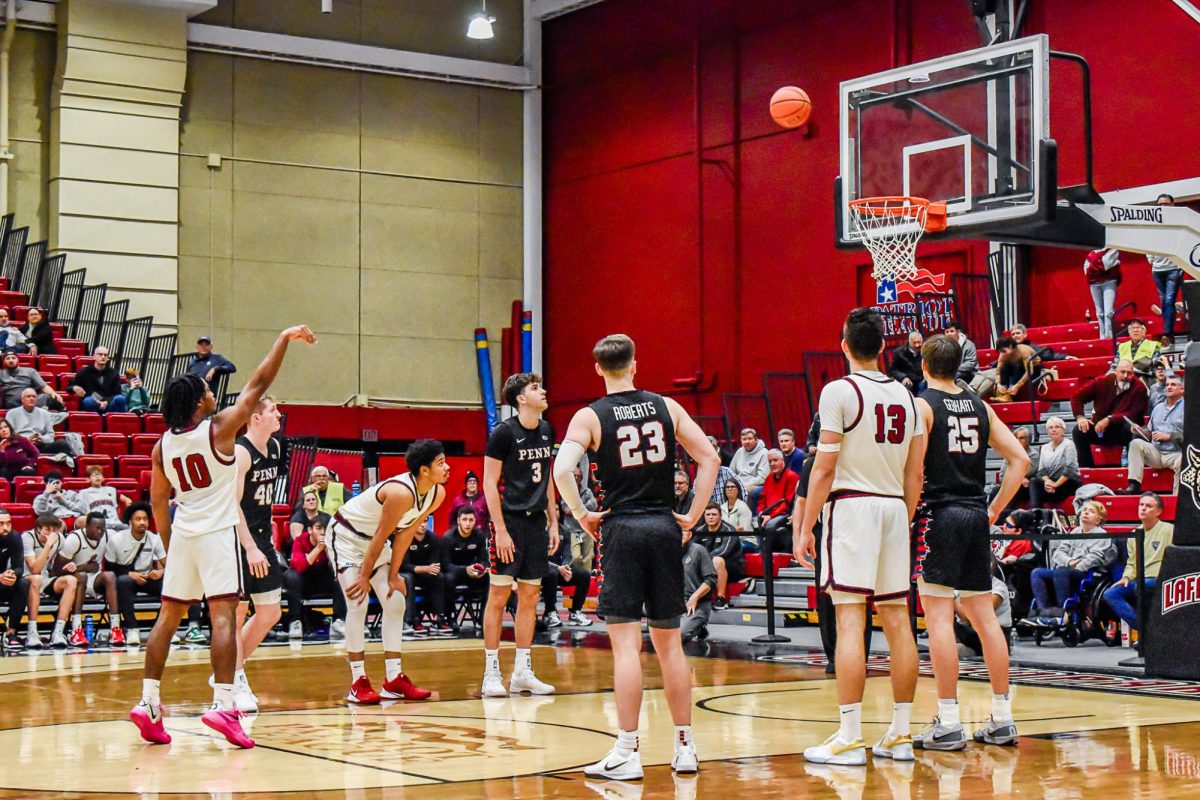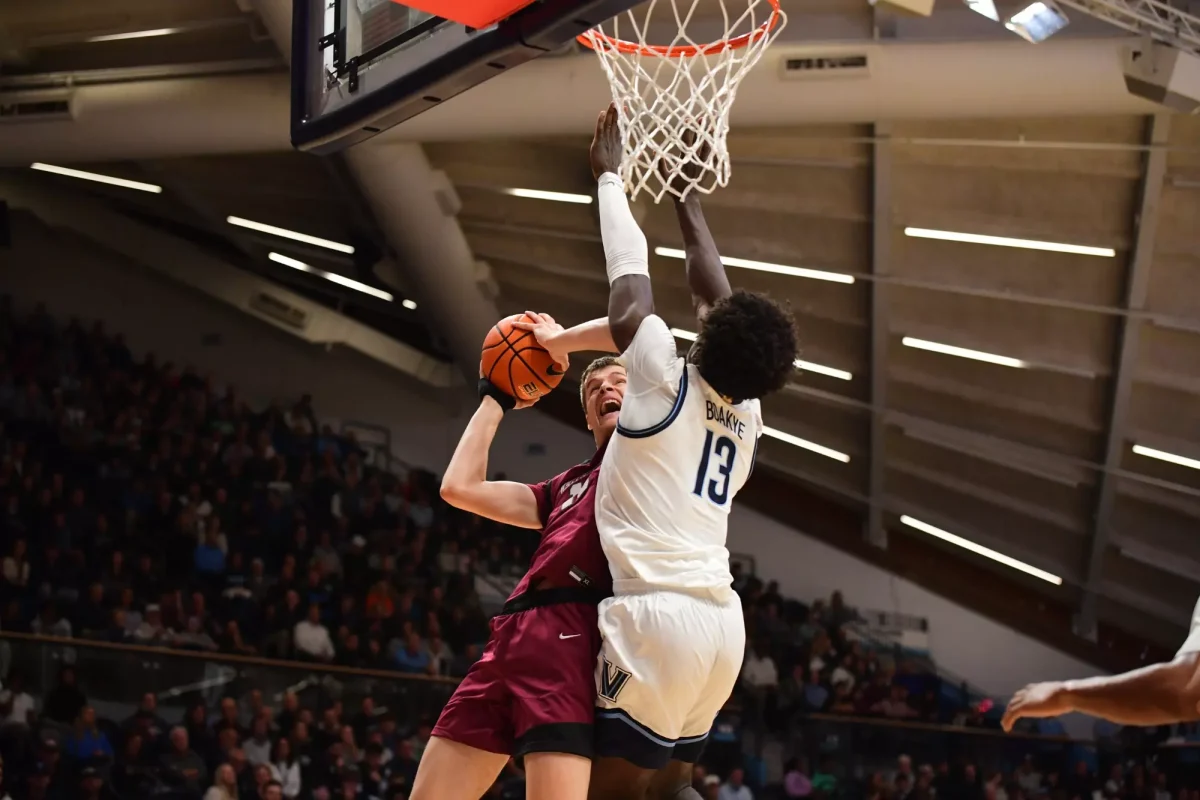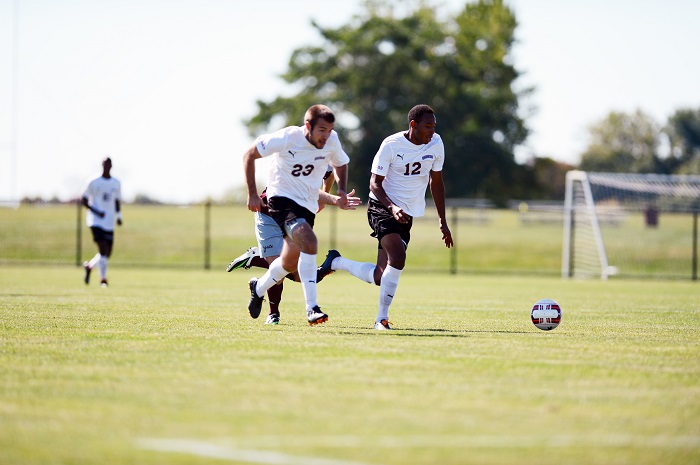Since both head soccer coaches came to Lafayette the program has improved its’ recruiting, budget, health sciences technology, and scholarship abilities. This has allowed the Lafayette men’s and women’s teams to progress in the Patriot League with a recent league championship in 2012
Photos Courtesy of Lafayette Athletic Communications
By Brian O’Neill ’16 and Jessica Deutsch ’15
Collaborative Writers
Mick Statham, the women’s soccer head coach in his 9th season, did not know what to expect when he arrived at Lafayette in the spring of 2006 for the head coaching job. Statham had just come from Florida State, a women’s team that had made the Final Four that fall.
“The program was immediately a stark contrast from where I was,” Statham said, adding that poor equipment and recruiting were large factors as to why the program did not resemble that of a Division I team.
Dennis Bohn, the men’s head coach in his 14th season, sings a similar tune about the problems with his program.
“The program was pretty barren, [and] the team was successful, but as far as resources and facilities and things of that nature it was Division III,” Bohn said.
How the players trained, as well as their mindset and in and out of season, had even bigger impacts on the team’s status. With no scholarships to give, change would be hard.
In 2011, the women’s team went to the Patriot League Tournament with Army, Navy and Colgate, three fully-funded teams. Lafayette lost to Navy 3-2 in the final minutes, but it was a huge breakthrough for the program.
“That was a big season for the team because it was obviously a group of non-scholarship players that had found a way to compete and win against every program they played,” Statham said.
Despite the lack of scholarships, the coaching staff has done very well with recruiting. The coaches take chance on people who might not have had opportunities elsewhere, often recruiting players who were very good in high school, but sustained serious injuries during prime recruiting years. Recruiting has now expanded from just the tri-state area to all over the country and more recently, internationally. Now with scholarships finally being introduced into the program last year, Statham is very optimistic.
“Once we’ve gone through four or five cycles of being able to award athletic scholarships we’ll have taken several steps forwards and hopefully will be competing at the top end of the league,” Statham said.
The biggest change for the men’s team from then to now would be the growth of the program’s budget. The team went from almost no assistant coach budget to having a full-time assistant and a part-time assistant. Scholarships were introduced in 2007, and a better locker room facility was built. In 2005, the stadium underwent major renovations: new grass, bleachers and a press box. Before coach Bohn arrived at Lafayette, the field didn’t even have lights.
The players’ struggle
While the head coaches of the men’s and women’s teams have seen solutions present themselves over their respective tenures, the players only have the short run to think about.
Times can get tough, and morale can get low when results just don’t seem to add up. Men’s soccer has learned to rely on each other and to be ready for just about anything.
“I definitely think our coach promotes a brotherhood, where we do everything as a group and always have each other’s back,” junior forward Eric West said. “It’s like a ‘next man up’ kind of culture.
“I was a center back coming into this year, and then Ryan Dodds got injured and I had to step up when he couldn’t play.” West continued. “It has kind of just been like someone gets hurt, another guy steps up.”
Senior leadership is also a crucial part of any team’s mentality, and it is safe to say that stalwart defender Julian Plummer has earned the trust and respect of both his coaches and his teammates. Plummer set a winning example both on and off the field, playing close to 90 minutes every match and still finding time to put in extra work out of official play time.
“Julian was one of the kids who went down on Sunday morning, 9 a.m. to work out after a game,” West said, impressed by his captain’s dedication. “There [would be] a game Saturday and he played every minute and he’s still doing the extra stuff.”
Women’s senior captain Alex Reisinger mentioned the importance of positivity in her team’s approach to the game.
“I think from a coach’s standpoint and from a player’s stand point we try to be as positive as possible and to work as hard as possible,” Reisinger said. “We’re not the best team on paper and we have to work hard to get our wins, and I think we try to instill a culture that integrate[s freshmen] into the team and [tries] to make the team a whole and make everyone feel like they’re playing a big role.”
Discipline also factors into the women’s approach.
“One thing that our coach always says is ‘keep the main thing the main thing,’” Reisinger continued. “Keep soccer the main thing while you’re at practice, and everything you’re doing should be evolving and working towards your goal.”

